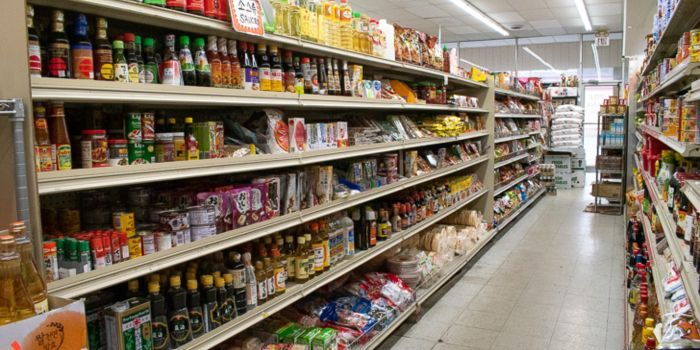A number of basic food commodities have seen their prices rise over the past month, according to data from the Kenya National Bureau of Statistics.
A report from KNBS Director General Abdulkadir Awes revealed that sifted maize flour has been the biggest casualty in terms of a price hike from between November and December 2024, experiencing a 7% increase in prices.
The average price of sifted maize flour retailed at Ksh134 in November but rose to Ksh143 in December.
Fortified maize flour also saw its price increase from Ksh151 for a 2kg pack to Ksh160 in December 2024.
Several maize flour packets at a local supermarket
Photo
Food Business Africa
Other food items whose prices hiked over the past one month include Sukuma wiki (Kale), beans, sugar, loose maize grains and tomatoes. All these items experienced marginal increases in price over the last month, with maize flour and tomatoes experiencing a 1.8 per cent increase in price.
None food items whose prices hiked in the last month include electricity (0.6 per cent) and house rent for a single room (0.4 per cent).
On the other end, some items experienced a notable reduction in prices, with the price of mangoes dropping by a staggering 6.2 per cent. Irish potatoes (5 per cent), cabbages (2.8 per cent), onions (1.1 per cent), and brown wheat flour (0.9 per cent) are among the biggest price droppers between November and December 2024.
In terms of the year-on-year headline inflation, the general price level of basic commodities has risen by 3 per cent in 2024, compared to last year.
This is largely driven by the rise in prices of commodities under Food and NonAlcoholic Beverages (4.8%); and Transport (0.2%) between December 2023 and December 2024.
Mangoes, Cabbage, Potatoes, and Kale (Sukuma Wiki) interestingly experienced the biggest price drops over the past year. The price of cabbage dropped a staggering 33 per cent.
Notably, one of the biggest price drops over the last year has been in fuel prices. Petrol prices declined by 16.9 per cent between December 2023 and December 2024, while diesel prices went down 18 per cent during the same period.
Consumer price Index is typically generated from data collected through the monthly survey of retail prices. According to KNBS, data collection is undertaken in the second and third weeks of the month from a statistically representative sample of outlets in urban centres located in 50 data collection zones spread across the country.
A photo of a Kenyan shopping at a local supermarket in Nairobi on March 27, 2019
Photo
Duka Kenya


